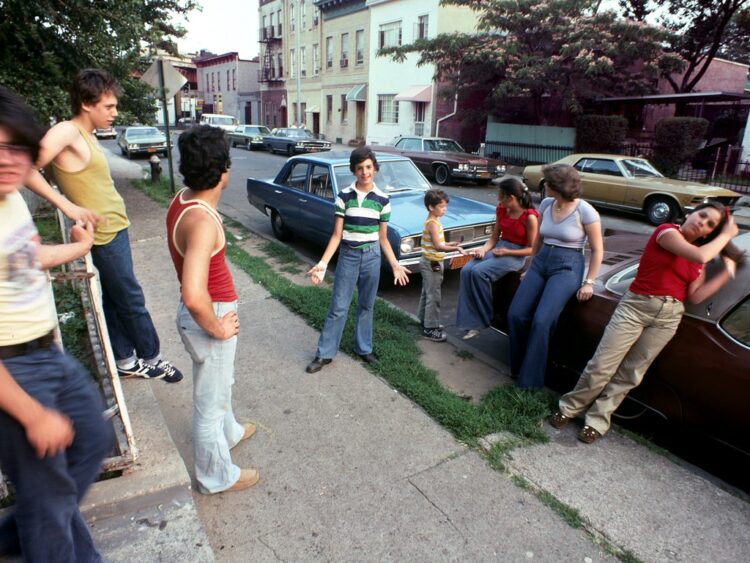
There was a time when childhood felt wild and unsupervised in the best way. Before smartphones and constant monitoring, kids had the space to explore, fail, and invent entire worlds from scratch. But many of those little freedoms are vanishing. Some are lost to technology, others to safety concerns. Here are 15 childhood experiences that once felt normal but are now nearly extinct.
Riding bikes unsupervised.

You’d hop on your bike with no helmet, no phone, and maybe a dollar in your pocket. The goal wasn’t exercise—it was exploration. You could ride to a friend’s house, a field, or a corner store and be gone for hours. Now, most kids rarely ride without adult supervision. That sense of freedom and independence just isn’t part of modern childhood in most neighborhoods anymore.
Saturday morning cartoons.
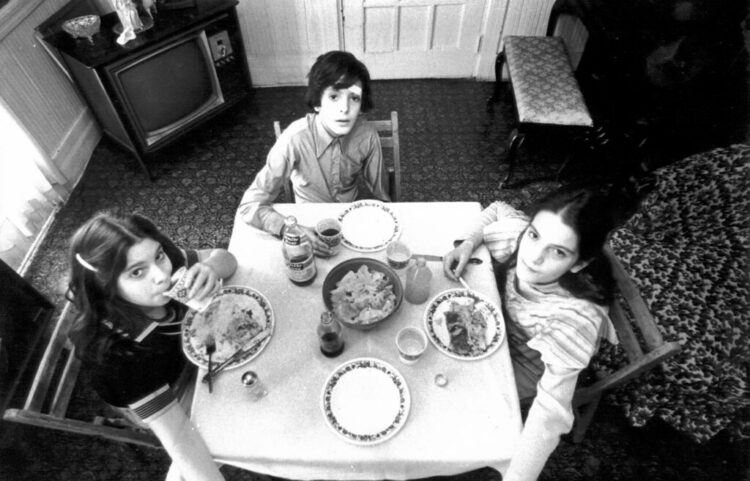
This used to be the best part of the week. You’d wake up early, still in pajamas, grab a bowl of sugary cereal, and sit in front of the TV until noon. Shows like Looney Tunes, Scooby-Doo, or Ninja Turtles were only available once a week, and that made them special. Streaming services ended the wait—and with it, the excitement of a shared Saturday ritual.
Neighborhood-wide hide-and-seek.
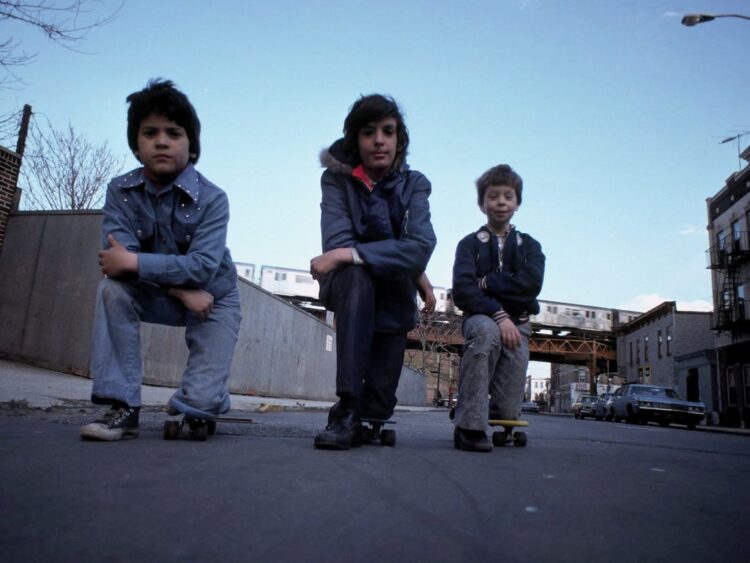
As soon as the sun started setting, you’d hear voices calling out for a game. Kids ran between yards, hid behind cars, and negotiated the rules right there on the sidewalk. No one had to schedule anything. The game just started. Today’s kids are more likely to be playing online with friends instead of running barefoot through bushes, which makes this old ritual feel like a story from another time.
Recording songs off the radio.

There was nothing like waiting by the stereo with a blank cassette, ready to press “record” the second your favorite song played. You’d hope the DJ didn’t talk too long over the intro. It wasn’t just about music—it was about patience and the joy of getting a perfect recording. With Spotify and YouTube now offering anything instantly, that slow, satisfying chase has disappeared.
Spending the entire day outside.
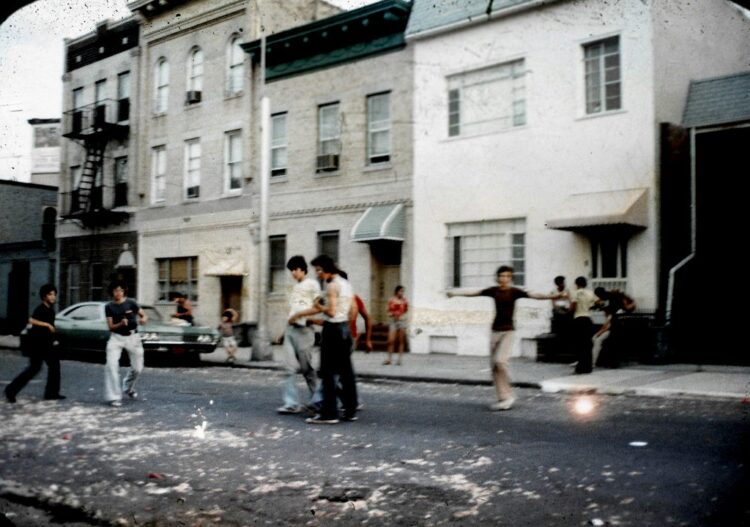
You’d leave home in the morning with a plan that involved nothing more than “being back before dinner.” You might build a fort, get muddy in a creek, or invent a game using rocks and sticks. Lunch was wherever you landed. There were no texts, no GPS, and no adult watching every move. Those all-day outdoor adventures have slowly faded, replaced by indoor entertainment and closer parental supervision.
Passing notes in class.

Folding a note into a triangle, sliding it across a desk, or tucking it into a friend’s locker used to be the sneaky way of saying what you couldn’t out loud. These notes were personal, funny, and occasionally dramatic. They felt like treasures. Texting has replaced that tiny act of rebellion, but also erased the thrill of seeing someone smile while unfolding your badly written message.
Drinking from the garden hose.
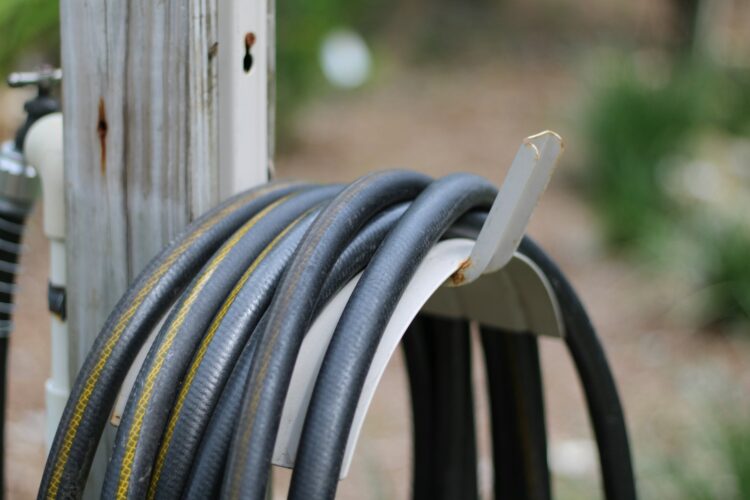
After playing tag or kicking a ball around, you didn’t go inside for water—you turned on the hose. The water was warm at first, cold after, and tasted slightly like rubber. No one cared. It was part of summer. Now, kids are told to drink filtered water from designated bottles, and parents worry about germs, leaving this once-ordinary habit nearly forgotten.
Playing with dial-up internet.
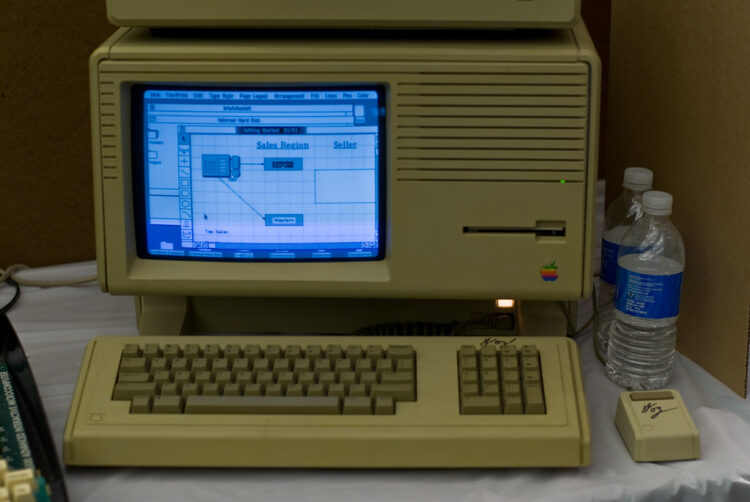
There was a strange thrill in hearing the screech of the modem connecting. The internet was slow, unreliable, and required you to wait your turn. If someone picked up the landline, you were kicked off. You learned patience and how to savor every online moment. Now, with high-speed internet and unlimited access, that noisy ritual feels ancient—even though it wasn’t that long ago.
Making prank calls.
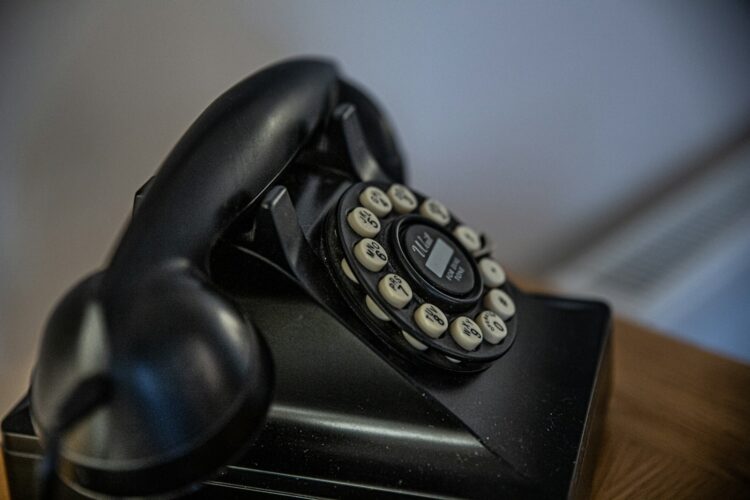
Armed with a landline and a warped sense of humor, prank calling was a popular pastime. You’d dial a number and try not to laugh when someone answered. Sometimes, you’d get creative; other times, you’d just hang up. It was silly, mostly harmless fun. Today, caller ID and mobile numbers have ended the mystery and the mischief that made those calls so appealing in the first place.
Using encyclopedias for homework.

Doing schoolwork once meant hauling out giant volumes, flipping pages, and writing notes by hand. Finding the rightinformation took time, and learning felt like real work. That physical process made you remember things differently. Now, one quick Google search delivers the answer. While that’s efficient, it lacks the tactile, satisfying messiness that used to be part of learning something new.
Playing board games during power cuts.
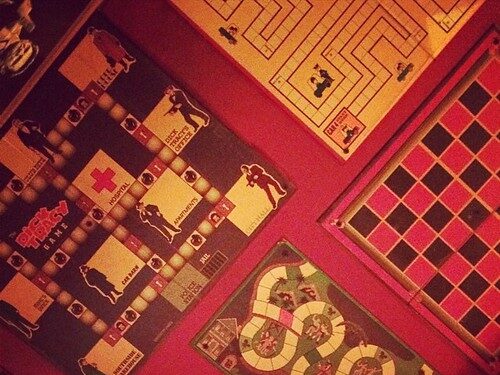
When the electricity went out, candles were lit, and out came the board games. You might fight over Monopoly, get silly during Pictionary, or spend hours on Uno. The darkness made everything feel exciting. It wasn’t planned—it just happened, and everyone joined in. Today, with devices charged and backup lights ready, those accidental bonding moments are getting rare.
Trading snacks at lunch.

You’d open your lunchbox and immediately start scouting what others had. Chips could be traded for cookies and apples for pudding cups. It was a lunchtime marketplace with no rules and lots of creativity. Now, with allergy restrictions, packed lunches look more alike—and kids are often told not to share food at all. That spontaneous little bit of negotiation has mostly disappeared.
Waiting to get the film developed.
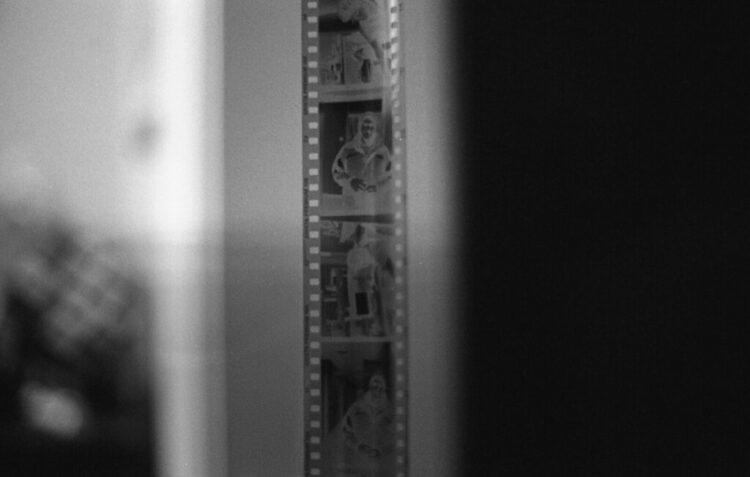
Photos weren’t instant. You’d finish a roll of film, drop it off at the store, and wait days for prints. You never knew how the pictures would turn out—some were blurry, some were perfect. That wait added meaning to every image. Now, with cameras in our pockets, we snap hundreds of photos a week, but most are forgotten just as quickly.
Building forts with whatever you found.

Whether it was blankets over chairs, sticks in the woods, or couch cushions stacked just right, fort-building was sacred. The messier, the better. These days, supervised play and tidy rooms have edged out that creative chaos, leaving fewer chances for kids to build something all their own.
Calling a friend’s house and talking to their parents first.
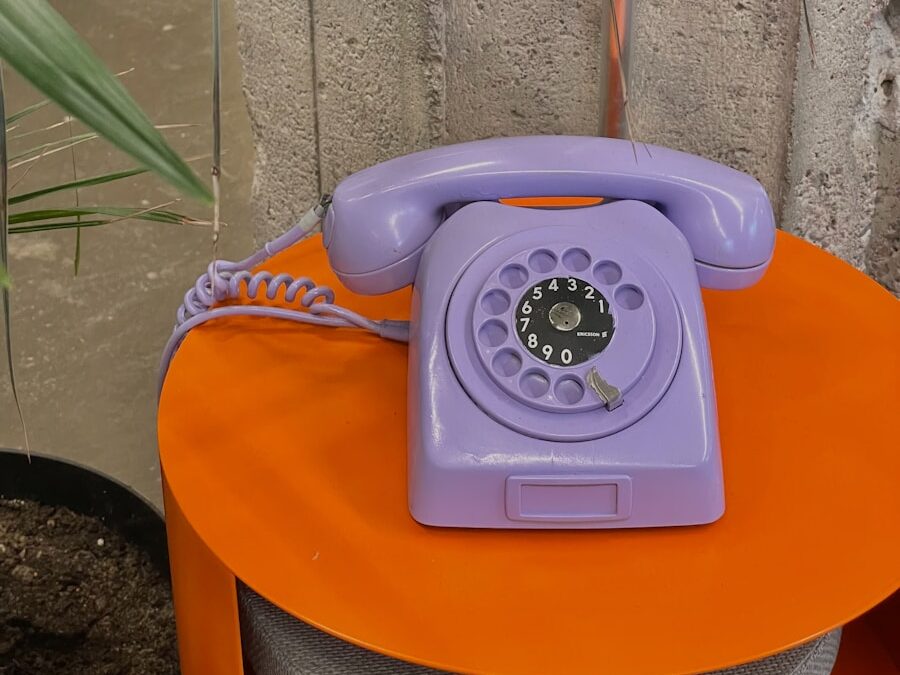
Before smartphones, you had to call the landline, which meant talking to someone’s mom or dad first. It could be awkward, but it taught you how to speak politely and hold a brief conversation. You’d ask if your friend was home and maybe chat for a minute while they got to the phone. Now, kids skip all of that with a text.

